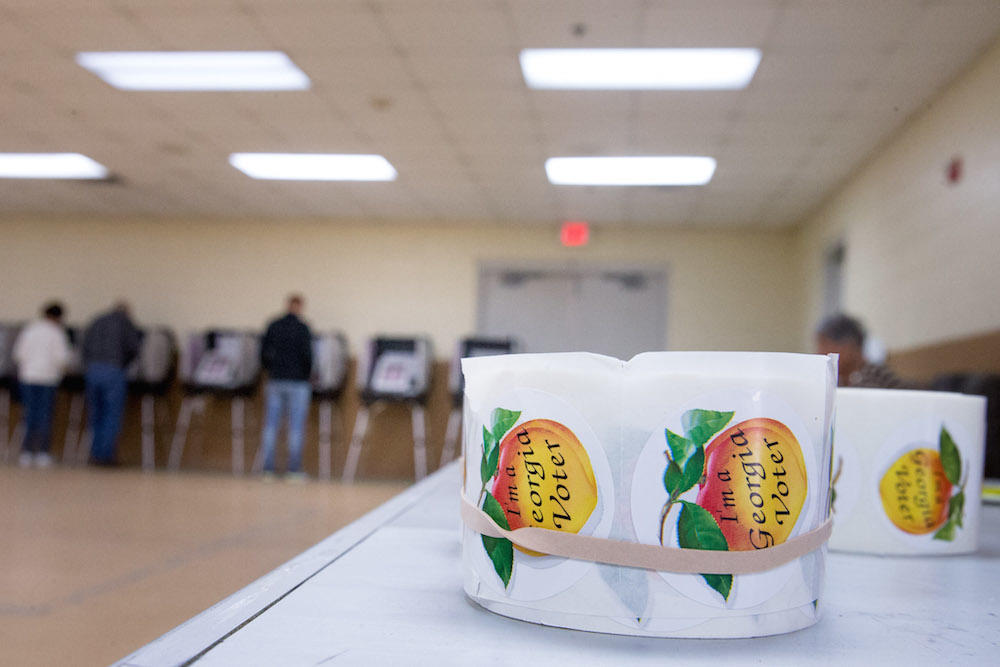Section Branding
Header Content
New Bill Would Tackle Long Lines At Polling Places
Primary Content
A new proposal filed in the Georgia state Senate Friday aims to cut down on long lines at the polls.
SB 463 would require county elections officials to add more equipment, more poll workers or split up a precinct if voters in precincts with more than 2,000 registered voters wait longer than an hour to check in.
The bill would require wait times be measured during three different points of Election Day – morning, midday and in the evening before polls close.
“The right to vote is a most sacred Democratic duty, and one that should not be inhibited by unnecessarily long lines,” Republican Secretary of State Brad Raffensperger said in a statement. “I am excited that this legislation will take significant action to preempt long wait times on election day and look forward to working every day to ensure easy access to the ballot box for all Georgians.”
Another section of the legislation would address how many of the state’s new $104 million ballot-marking devices are required to be in polling places.
Currently, the law reads that one BMD must be available for every 250 electors in a precinct. This measure would keep that ratio for November general elections, but give counties more flexibility in assigning more or fewer machines:
“For any other primary, election, or runoff, the county or municipal elections superintendent may provide a greater or lesser number of voting booths or enclosures if, after a thorough consideration of the type of election, expected turnout, the number of electors who have already voted by advance voting or absentee ballot, and other relevant factors that inform the appropriate amount of equipment needed, the superintendent determines that a different amount of equipment is needed or sufficient.”
More than 1,500 of the state’s precincts have at least 2,000 registered voters.
Other proposed changes would align voter registration deadlines for elections that occur on the same day and would give additional methods Georgians can use to verify their identity when casting an absentee ballot.


